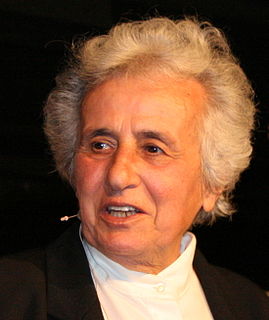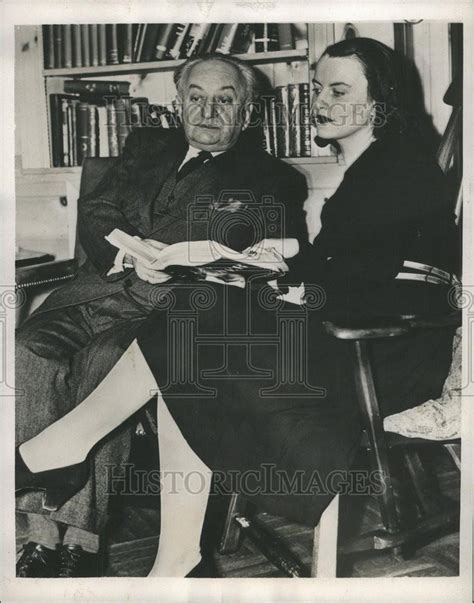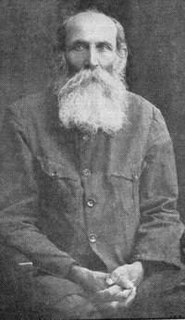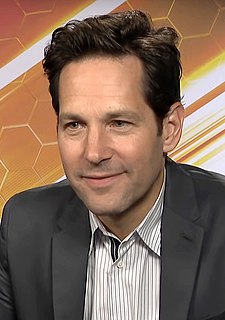A Quote by Arthur Hays Sulzberger
I am a non Zionist because the Jew, in seeking a homeland of his own, seems to me to be giving up something of infinitely greater value of the world.
Related Quotes
It seems important that the social value factor be more generally recognized as a powerful causal agent in its own right and something to be dealt with directly as such. No more critical task can be projected for the 1970s than that of seeking for civilized society a new, elevated set of value guidelines more suited to man's expanded numbers and new powers over nature, a frame of reference for value priorities that will act to secure and conserve our world instead of destroying it.
In school they told me I was a Jew, "a filthy Jew." At first I asked myself what exactly that was. But then I began to understand. I was a Jew, I was a member of the Jewish faith, the Jewish community. One time, when I was giving a reading at a school, someone asked me: "If it was so dangerous to be Jewish, why didn't you convert to Christianity?" My response was: "It's not as easy you think. When you're a Jew, you're a Jew.
A Jew remains a Jew. Assimilalation is impossible, because a Jew cannot change his national character. Whatever he does, he is a Jew and remains a Jew. The majority has discovered this fact, but too late. Jews and Gentiles discover that there is no issue. Both believed there was an issue. There is none.
Zionism itself has paradoxically come to adopt some antisemitic logic in its hatred of Jews who do not fully identify with the politics of the state of Israel. Their target, the figure of the Jew who doubts the Zionist project, is constructed in the same way as the European antisemites constructed the figures of the Jew – he is dangerous because he lives among us, but is not really one of us.
Self-interest is not myopic selfishness. It is whatever it is that interests the participants, whatever they value, whatever goals they pursue. The scientist seeking to advance the frontiers of his discipline, the missionary seeking to convert infidels to the true faith, the philanthropist seeking to bring comfort to the needy - all are pursuing their interests, as they see them, as they judge them by their own values.
We all have a world of things inside ourselves and each one of us has his own private world. How can we understand each other if the words I use have the sense and the value that I expect them to have, but whoever is listening to me inevitably thinks that those same words have a different sense and value, because of the private world he has inside himself, too.



































